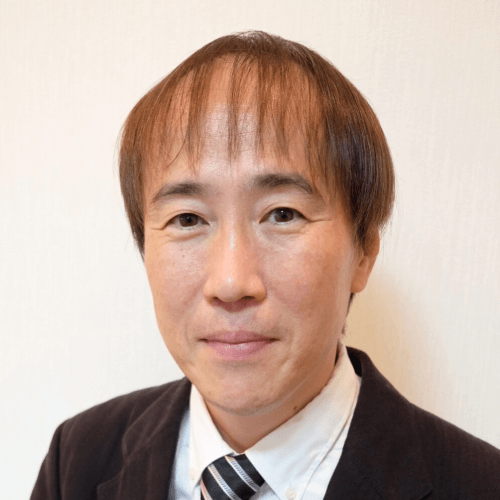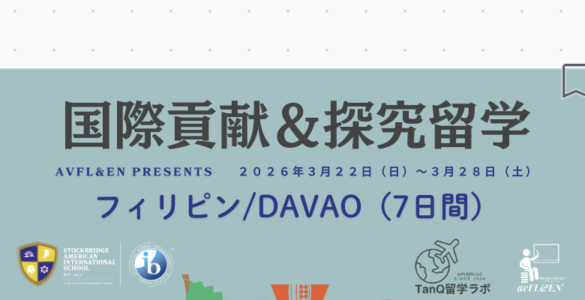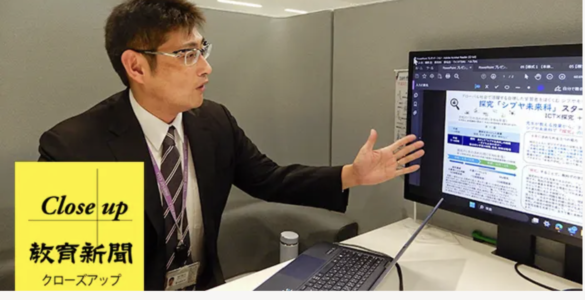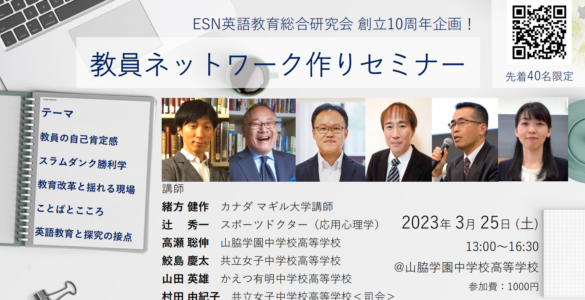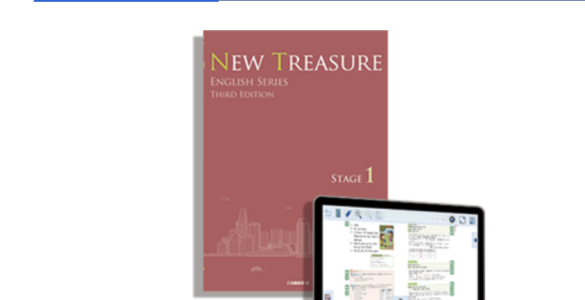主観的な経験を科学によって解明しようとする学問は
近年盛んに行われています。
その代表的なものが脳に関する科学ですが
「美的体験」を脳内活動を科学的に分析することで
説明しようとする新しい分野があり、「神経美学」
と呼ばれているのだそうですね。
興味が湧いたので読んでみました。
以下の記事で紹介されているのは、アンヤン・チャタジー氏
のインタビュー記事で、人間が「美しい」と感じる時
脳内で起こっていることについて述べられています。
Anjan Chatterjee talks about the neurology of creativity.
http://nautil.us/issue/20/creativity/can-science-tell-us-what-beauty-is
デカルトを取り上げた時にも少し書きましたが
こうしたアプローチはあくまで現象面を捉えたもので
仮にこうしたアプローチで新しい真理が判明したとしても
意識そのものの謎は残るというか
謎は少しも明らかにはならないでしょう。
そう思いながらも興味深く記事を読みましたが
強く感銘を受けた部分があったのでご紹介しておきます。
How can we be more creative?
There’s a broader cultural way in which this question concerns me. It concerns me in the sense that we may be setting up people to be less creative over time and what I mean by that is that you can take analytic approaches to problems right, where you just sequentially, you pound away at it, pound away at it, right, and that’s a very different way of approaching things than what’s involved in what we think of as creative, which is really reconfiguring the problem and seeing it in a different way. I think that for the second, for what we would probably think is more paradigmatic of creative approaches, a critical piece there is that downtime, right, the incubation to illumination so you have to do the work to get your skills up but you need the downtime, right, where you’re thinking broadly, you’re not being so analytic, you’re even letting your mind wander. People often have the experience that in conditions of low arousal—so people when they’re falling asleep or when they’re waking up; for me it’s often when I’m in the shower in the morning before I’ve had my coffee—it’s these kind of hazy states where those illumination moments happen, right, following the incubation.
And there is something about lower levels of arousal, which is the opposite of what you have when you’re being very analytic, right. You have to be on target, you have to be very analytic about things. It’s the opposite of that that allows those moments of insight. And so one concern I have is that as a culture we are not letting our children have that kind of unstructured downtime, right, that kids … I mean I know my nephews who are both in college now, when they were in middle school, I mean they had schedules that were more complicated than mine. Every hour seemed like it was scheduled, whether it was lessons or practices and, you know, in many parts of our culture I think this idea that kids are just out not doing anything … but they are doing stuff, but not doing anything that you can put on a CV or, you know, [that] can help you get into the right schools. I think we’re not giving people that downtime and I’m using kids as an example but I think this is true for many of our lives, which is that we’re so driven by having a kind of productivity that doesn’t allow as much downtime as I think that in the long run is important for those creative insights.
クリエイティヴな人材、イノベーションを起こせる人材を育成しようと
いま日本の教育は大きく変わろうとしています。
でも、これまでのブログで何度か懸念を書いてきたように
あまり良い方向に向かっているようには思えない部分が多くあります。
「読み書き算盤」もろくに訓練されないうちから
「ゆとり」が大切だと、総合学習的なものばかりが強調された時代もありました。
小学生の頃から、「何になりたいの?」としつこく聞かれる「自分探し」の
教育が盛んになったのも同じ時期だったように思います。
「ゆとり教育」による世代が世の中でどう活躍するかの検証待たずに
今度は反動で、詰め込み教育へ。大学生ですら1年次からキャリア教育だ、
グローバル教育だと、がんじがらめのカリキュラム…。
何かおかしい…。
そう感じているのは私だけではないと思います。
「ゆとり教育」も「詰め込み教育」も
間違っている訳ではないけど
何かずれてるのではないか?
上の記事を読んで、私は孔子の有名な言葉を思い起こしました。
子曰、学而不思則罔、思而不学則殆。
子曰く、学びて思わざれば則ち罔し(くらし)、思いて学ばざれば則ち殆し(あやうし)。
脳科学など存在しなかったはるか遠い昔に
孔子は見抜いていたように思います。
徹底して学び、それを自分の血肉にするために考え、生きなさい。
そうして行き詰ったら、また学び、同じことを繰り返していくしかない。
「学ぶ」だけでは、閃きは生まれない。
「学ぶ」だけでは、何かを生み出すことは出来ない。
しかし学ばず考えるだけでも駄目だ。
徹底して若者を鍛え、そして鍛えられた若者には自由に使える時間を与えるべきではないでしょうか?
学びが必要な者には学びを、考えるが必要な者には自由な時間を
それを提供できる教育の在り方を私たちは考えるべきだと思います。

